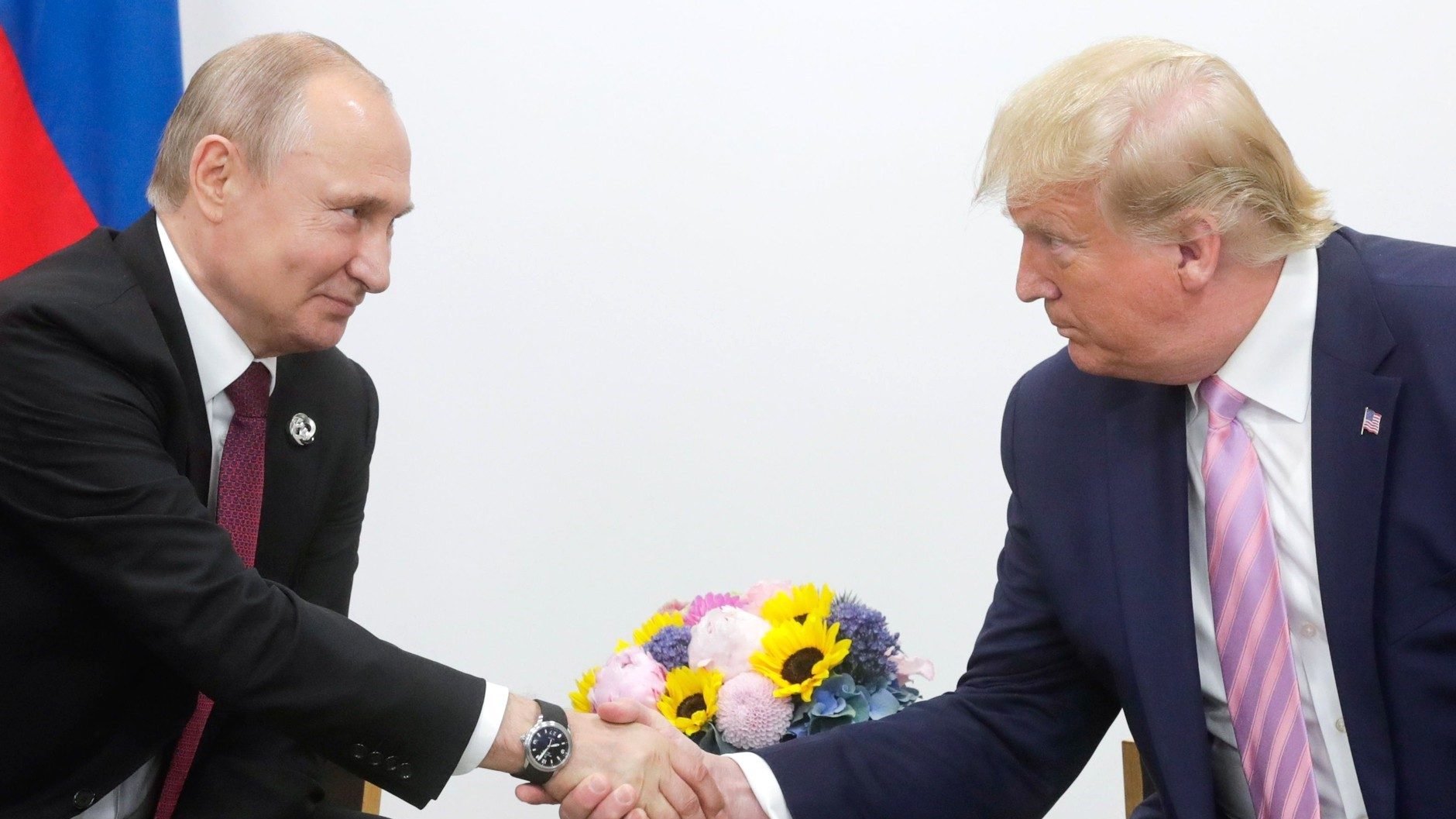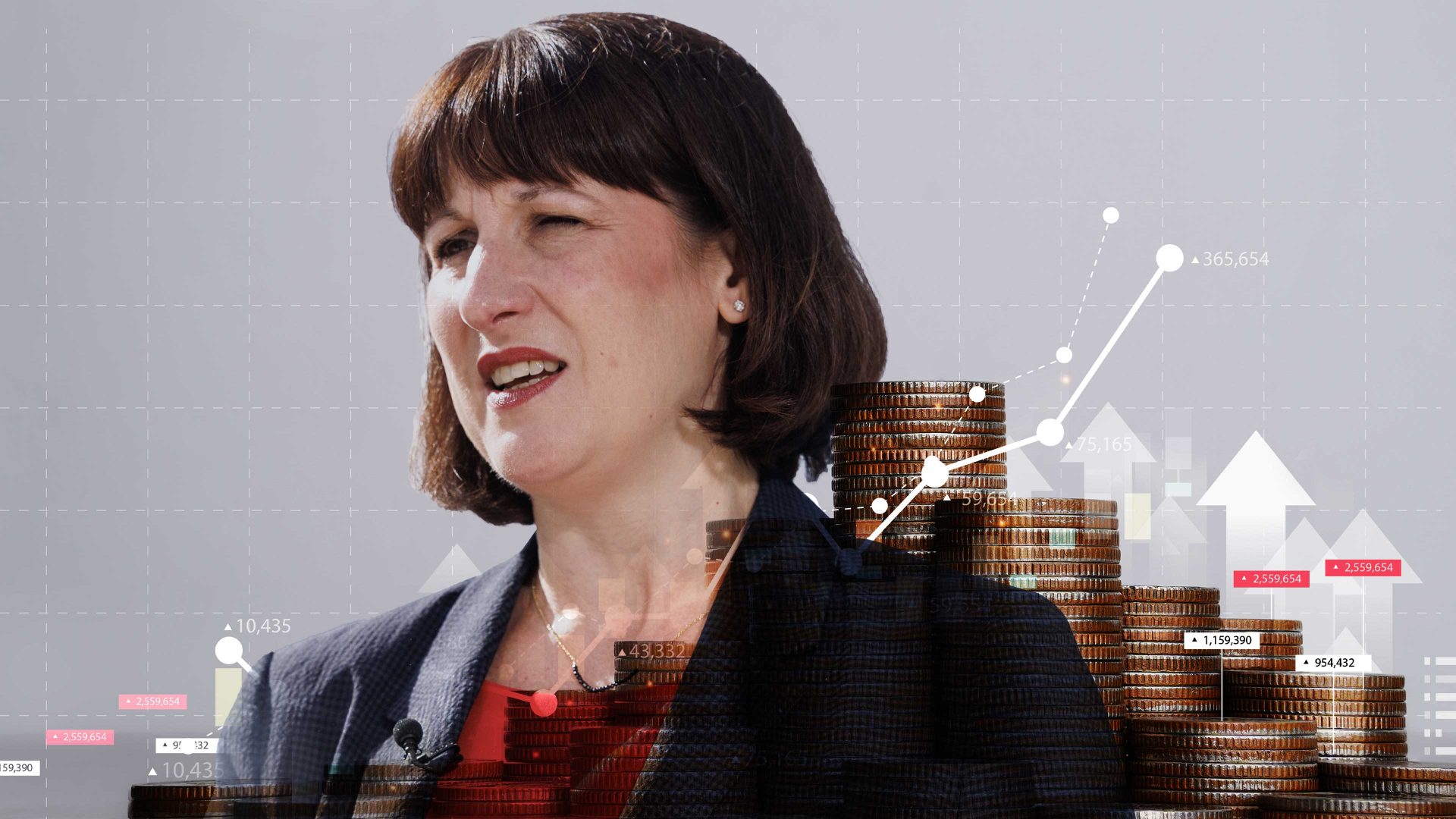It is coming as obviously as the comet in the movie Don’t Look Up, and most people are in the same kind of denial. If Trump wins the election, everything changes: for American democracy, which he will try to destroy; for the western alliance, which he will attempt to walk away from; and for Ukraine, which he will force into a humiliating peace deal with Russia.
But Trump is not the comet. The catastrophic thing that’s going to rearrange geopolitics is the collapse of democratic commitment among the American people.
Whether Trump wins on November 5 matters less than the fact that more than 40% of voters will back him, including growing numbers of black and Hispanic people and, of course, the formerly hip libertarian billionaires of Silicon Valley.
For the sake of a few dollars off the price of gasoline, and a rush of executions on death row, large parts of the American electorate are prepared to forget the rest of the world.
And that has big implications for Ukraine, in which we – the British people – have invested nearly three years’ worth of geopolitical capital. In choosing JD Vance as his running mate, Trump signalled he is prepared to throw 40 million Ukrainians into – at best – enforced neutrality and geopolitical subservience to Moscow.
Funding for Ukraine goes through Congress, and Congress is also the guardian of the North Atlantic Treaty – so Trump cannot unilaterally walk away from America’s commitments. But as commander in chief he can sabotage any remnant of cohesion in the western effort to support Ukraine, leaving Europe to stand behind Kyiv.
That is the context within which we need to view president Zelensky’s “victory plan”, presented to the Ukrainian Rada last week. It is in fact an outline of Ukraine’s negotiating points should either a Trump presidency, a period of democratic turbulence, or the collapse of resolve by an incoming Harris administration force Ukraine to the table.
The plan’s centrepiece – a US invitation for Ukraine to join Nato – could only realistically be delivered once fighting stops. But it is correctly being read as the price Zelensky might ask for entering negotiations without retaking all Ukrainian territory currently held by Russia.
As to the other four points, three are likewise concerned with post-fighting arrangements: a non-nuclear strategic deterrent deployed in Ukraine – which means Nato troops; joint protection of Ukraine’s natural resources (which lie under the Black Sea as well as on land); and the offer to replace some US troops stationed in Europe with Ukrainian soldiers.
The only point relevant to the fighting is the demand for Washington to cease blocking the use of western weapons in long-range strikes against Russia.
If we can get the Nato invitation, one Ukrainian thinktank leader aligned with Zelensky’s party told me, we can sell the end of the fighting for now. If not, we go on fighting. And, other sources have hinted, Ukraine is fully prepared to regain nuclear weapons capability, which it gave up in 1994, if abandoned by the west.
But there is no way Trump will buy Nato membership for Ukraine. He barely accepts the Nato commitments of the US itself. The offer to deploy Ukraine’s battle-hardened forces into eastern Europe, allowing a US drawdown, is unlikely to soften that position – even if Europe’s frontline nations buy the idea.
There is little that Britain and other major European military powers can do to decide the issue independent of the outcome of the US election. But that does not mean we are powerless.
In the first place, the UK can build an alliance of willing powers to enable Ukraine to mount its own deep strikes into Russia, using better drone technologies manufactured on its own soil rather than Storm Shadows manufactured here.
Second, we can lead by example – as we have done since the moment Boris Johnson sent NLAW anti-tank weapons and as France, the only other western nuclear power, has singularly failed to do. That means the Labour government has to wake up every day asking not “have we fulfilled our commitments to Kyiv?”, but “what can we do to throw Russia off balance further and help Ukraine win?”
Third, we can influence the US – both at the governmental level and via public opinion. Republican-voting Americans, for sure, live in an isolationist bubble. But they would notice Twitter being shut down on the territory of its Nato allies, for breaching existing media regulations. They would also notice if Britain, France and Germany collectively committed to spend 2.5% of GDP on defence next year, rising to match the USA’s 3.4% in short order.
One of the reasons European powers consistently fail to influence their US ally is that they neither punch their weight militarily, nor do they cohere.
If Trump wins, a cycle of temper tantrums with Nato will begin, followed by attempts to strong-arm Kyiv into a compromise with Putin. At that point, the fundamental credibility of western deterrence will be undermined. Putin will return to the themes of his December 2021 draft treaties: the demilitarisation and neutrality of Poland, Romania and the Baltic states. And he will re-arm.
For Labour there has been a lot of soul-searching about the reputational failures and domestic paralysis of its first 100 days in government. But the only date that matters is November 5. If Trump wins, or comes close enough to plunge the US again into political chaos, that should be the signal for a major rethink: rapid re-engagement with Europe on security and defence; an emergency rise in defence spending; and a substantial uplift of military help to Ukraine.




